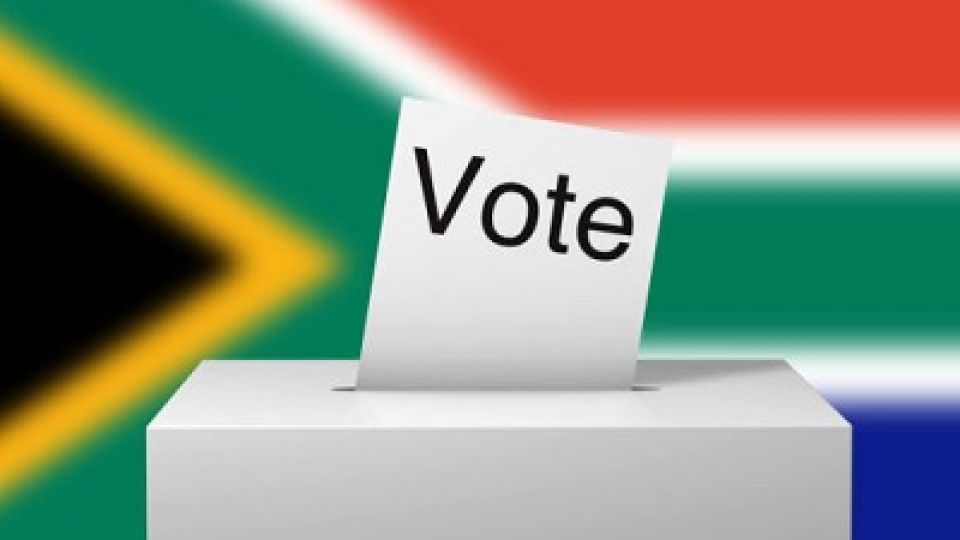by SAVIOUS KWINIKA
JOHANNESBURG, (CAJ News) – MORE than ever, South Africans will be spoilt for choice in an election with a total of 560 political parties having registered to contest the forthcoming watershed polls.
This has elicited divisions whether this indicates the deepening of democracy in a country that prides itself as a leader in the aspect or it will further entrench a culture of coalitions, which are characterised by divisions among parties at the expense of development.
Millions will this year go to polls to choose leaders of the provincial legislature, the National Assembly and eventually the president.
Amukelani Shivambu, who is registered to vote, is divided over whether having so many parties is essential.
“Yes, it’s democracy at play, but is it necessary anyway?”
Bongani Majola, another registered voter, remarked, “Too many political parties on a small cake make governing virtually impossible hence these unnecessary coalitions we witness today, whose majority are not productive.”
Coalitions run most major cities and there has been chaos, including in the main metro of Johannesburg, including the capital city – Tshwane.
It is among the metros the ruling African National Congress (ANC) lost its majority in elections held in recent years. The governing party’s fortunes have waned since it came to power convincingly in 1994, after the demise of apartheid.
The 599 parties will be fancying their chances against Africa’s oldest liberation movement, which is beset by infighting and blamed for economic challenges and corruption.
Political and economic analyst, Luke Zunga, commented on the plethora of political parties.
“Mature democracies (the United States, United Kingdom etc), however, have few political parties, usually two or three main ones,” he said.
“The observation is that there are so many problems in South Africa which invoke debate and the need to be in politics to address them, leading to many political party formations.”
Zunga insisted that while debate was healthy for democracy, having many political parties might be detrimental to stable governance.
“This is because every step the government takes has to go through many opposing mindsets, who themselves have no clear modus operandi to solving the problems,” he said.
“A cursory glance at their manifestos reflects repetition of same promises couched in puerility, relying more on the emotions of suffering citizens. Some of the emerging politicians still have no manifestos. The main motive is to be in Parliament to receive salaries,” Zunga argued.
He said the emotive issues normally associated with South African election campaigns include the matter of migration.
“Indeed, South Africa is inundated by migrants, more so irregular or illegal visitors,” the expert said.
“In a country with high unemployment illegal migrants appear to be competing where they are not supposed to be. Yet politicians forget that the heart of South Africa was built by informal migrants who were largely exploited to this day, by the apartheid regime before democracy.”
He explained during apartheid, there were white migrants who were starting new businesses and black migrants who filled in where the white and most South Africans did not want to work, such as in mines, back yard operations, agriculture and construction.
“At the height of the South African economic boom, the country ran short of labour and sent for trainloads of menial labourers from Southern African regions,” Zunga said.
“Instead, Mickey Mouse politicians harp on migrants instead of the solutions,” Zunga dismissed some new political formations, whose electoral card campaign was based on xenophobic towards migrants.”
Zunga forecast, “The campaigns will be empty rhetoric, with demagogues shouting on top of their voices, blaming someone (foreign nationals), but offering no solutions. A solution is a detailed process, not wishful thinking, which we hear daily.”
ANC is projected to retain power, albeit with a reduced market share. The Democratic Alliance (DA) is the main opposition. The third-largest party, the Economic Freedom Fighters is forecast to expand its influence.
Some splinter parties from the ANC will also contest, including Umkhonto WeSizwe, which ex-ANC and former South Africa president, Jacob Zuma has endorsed.
– CAJ News

